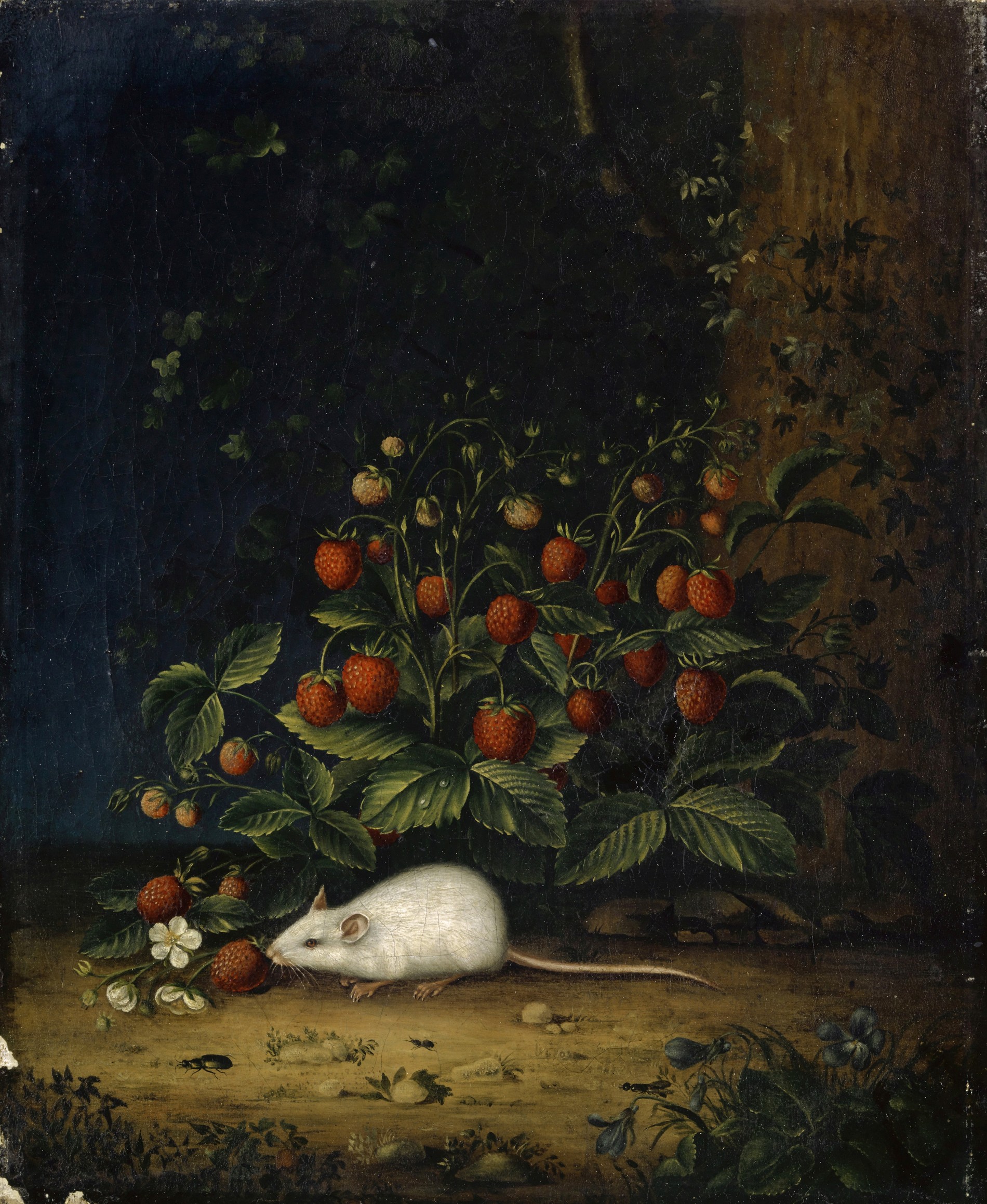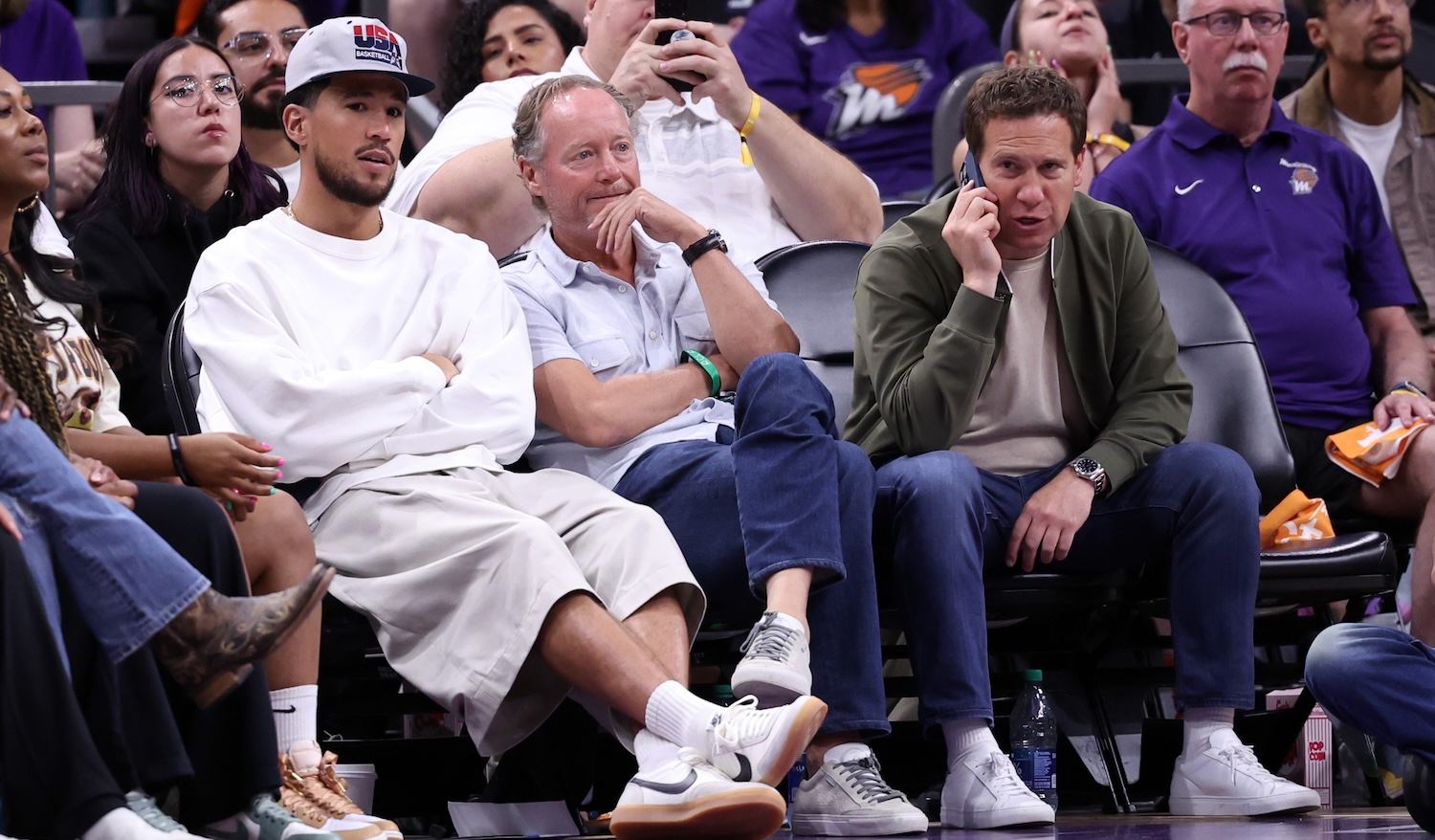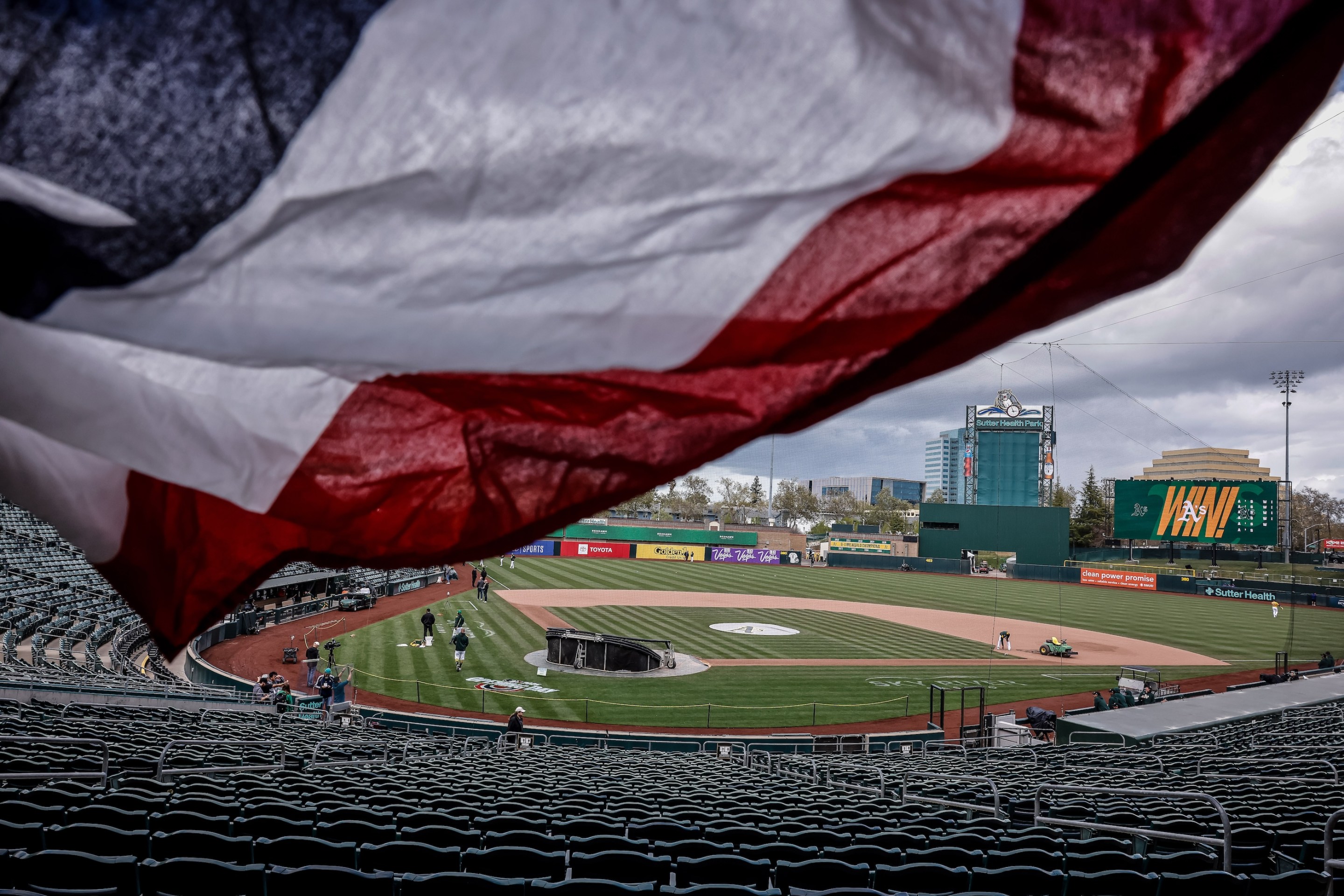It was one of those days that felt bad enough that I would remember it. Words caught in the back of my throat. Rage bubbled through my veins and made me antsy. It was far, far, too hot outside, and I rolled the car windows down. My hands sweated on the gear shift, on the steering wheel, on the visor that could not keep the sun out of my eyes. I drove in silence, miserable, and in a fervor built of the long-proven belief that stewing in a problem will only drive me deeper into the stew. My hands need to move. I need to be distracted, and that's what the plant was: a distraction.
In the garden, I picked it out: a strawberry plant, still young with broad leaves, round like they were swollen, and the kind of green that promises something better. The strawberry plant rode with me around the garden center, where I had come to get dirt, and only dirt, and nothing else. The plant watched as I bought another pot I did not need to become its home, and fertilizer to help it grow. It must have wondered what kind of life it had been signed up for, where its caregiver huffed around during a menial errand, and slammed the door behind her after she safely buckled the plant into the passenger seat.
Now, of course, I've forgotten what was so bad about that day in the first place. The only thing that remains of it is the strawberry plant I brought home, nestled into the dirt of a big pot, and watered every day since.
And it has grown, reaching toward the sun a millimeter each hour, nothing, it seems, until the end of the week, when it sits lopsided in its pot, and I turn it 90 degrees away. That was the extent of our interaction. Each day, I wandered out onto the patio where the potted plants are, and looked at them. Some days, I watered them, turned them, patted their leaves, communed with them briefly. Some days, I sat at the table, drank a glass of wine or a coffee, and looked at a book instead of them, took them for granted in their infancy.
In a garden, you cannot help but lust for spring. The little shoots appear from the dark earth. They are so strong, so brave. They grow slowly. But the days are lightening. Soon it is 6 or 7 p.m. and the sun is still out. The plants grow taller. Their leaves become rounder. They are lush, verdant, a promise.
Every day, I checked the flowering plants to see if their pollination was complete, if they were budding into something new. Just a few weeks ago, the smallest knobs began to appear on the strawberry plant, born of my rage. They were green, light like the inside of a not-yet-ripe avocado, and pocked with little marks, future seeds of their own. A berry. A bud of a berry. A promise of a berry.
I waited, if impatiently. I checked the berry each day, as the weather was hotter and it needed more water. The berry grew. It was so tiny, but each day the green became whiter, and then yellower, until that sickly yellow faded into a sickly peach, and then almost overnight, a delicious, sinful red.
I did not pick the first berry because, though it was red, it was still so small. Not even a whole bite.
And then just as suddenly, it was missing.
I fumbled around in the leaves as if I had lost my phone in the couch, trying to find the missing tiny strawberry. How had it become lost in this plant no larger than a basketball? Where had it gone? It did not occur to me until far too late that it might be actually gone, not just hidden. In fact, it never occurred to me with that berry. I chalked its loss up to a trick of the earth. But then a second tiny baby strawberry went missing. And a third. My fourth tiny strawberry proved the tip-off. Only half of it was missing.
Someone was eating my strawberries, my tiny strawberries meant to bring me peace and happiness! But who?
It was not my dog. She loves strawberries, but does not understand that the plants in the garden are the same as the foods that are cooked in the kitchen. It was not the bugs.
Then about a week ago, as I sat outside reading at the table, I saw him: my strawberry thief.
He was small and soft and his heart was full of crimes. He scurried down the wall between my patio and my neighbor's and through the tomato plants, ignoring them. He dropped down onto the brick floor and scampered toward me. The scoundrel! Suddenly, he was inside the pot.
I sat with my mouth and book open and watched him paw through the leaves of my strawberry plant. There were no strawberries left to be stolen. His own gluttony had defeated him. He left the way he came.
Later, I wondered whether I might have clapped to scare him. I researched how to keep mice away from plants. Maybe some lavender nearby might help, the internet said. But my lavender plant was already right next to the strawberries. Maybe a wire cage, the internet offered, strung together and placed atop the strawberries to keep them safe.
I balked at the strawberry prison. The strawberries exist because I like to tend to them, to shove my hands in the dirt and feel like the earth is bigger than me. I have a strawberry tattooed on my forearm for this quote:
To crave and to have are as like as a thing and its shadow. For when does a berry break upon the tongue as sweetly as when one longs to taste it, and when is the taste refracted into so many hues and savors of ripeness and earth, and when do our senses know any thing so utterly as when we lack it? And here again is a foreshadowing—the world will be made whole. For to wish for a hand on one's hair is all but to feel it. So whatever we may lose, very craving gives it back to us again. Though we dream and hardly know it, longing, like an angel, fosters us, smooths our hair, and brings us wild strawberries.
Housekeeping, Marilynne Robinson
To crave and to have. To long and to taste. To dream and to hardly know it.
But I can crave and have. Unlike the mouse, I live in society, in a civilization where berries can be purchased. I did not buy the plant to save money, or with the expectation that it would produce endless berries. I bought the plant to watch it grow, to replace my unhappiness with a promise of something better—not necessarily of strawberries, but of a future.
"The real and proper question is: Why is it beautiful?” Annie Dillard wrote in Pilgrim at Tinker Creek. But there's beauty in more than just a new strawberry, in its shiny skin and dazzling color. There's beauty in the plant itself, and in the job of tending to it. There's beauty in the way the water beads on the leaves. And, yes, in the quiet puttering sounds of the feet of the mouse as it sneaks to steal.
I write this now, on the summer solstice. I am outside in the garden, the heat dome above me, pushing down, the green things around me stretching up, and me somewhere in the middle, trying not to push at all. After today, the days will lose themselves, a little here and a little there, until the sun disappears while I drink my afternoon coffee. I do not need the strawberries to survive the summer. But the mouse might, and so I share. The growing is the important part, anyway.







